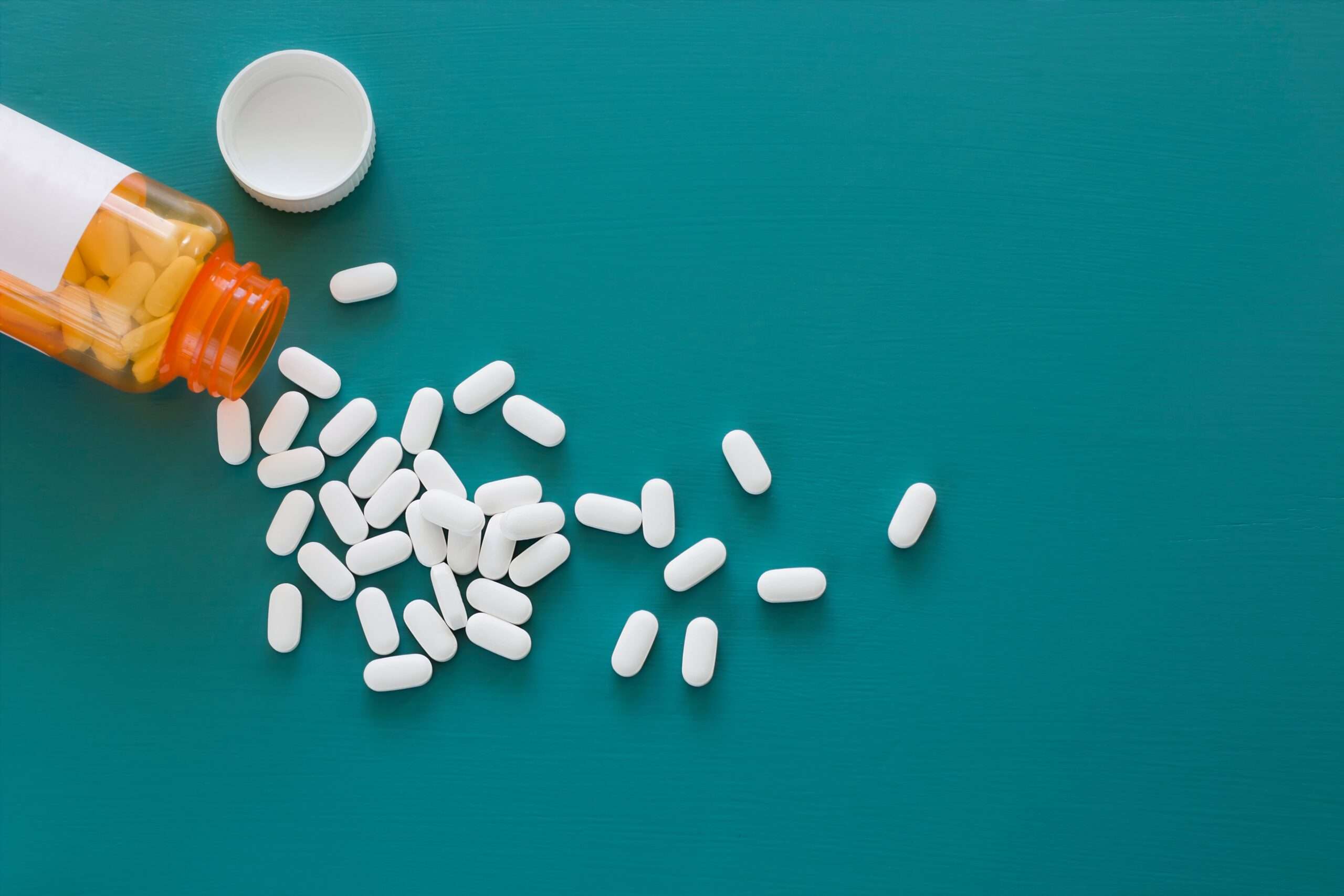When someone enters treatment for an addiction to opioids, they often begin taking a medication called Suboxone to help ease their withdrawal symptoms. While this can provide a real benefit for those working hard to stay sober, does it come with its own risks? Can you overdose on Suboxone? Tampa Bay Recovery looks into how Suboxone works and if its usage can put some people at risk of overdosing on it.
What is Suboxone?
Suboxone is a medication that received approval from the Food and Drug Administration (FDA) in October 2002. It is used as part of an overall treatment plan to help people who have an addiction to opioids. It is available by prescription only, and its use should be monitored by the prescribing physician or an addiction medical specialist. Suboxone is a combination of buprenorphine and naloxone and acts as an opioid agonist.
Taken in pill form or a dissolvable film, Suboxone is used as part of medication-assisted treatment (MAT). MAT uses a combination of medications and talk therapy to help people stop abusing substances. Suboxone helps by minimizing a person’s withdrawal symptoms and their cravings to start using opioids again. When someone takes Suboxone, it does not cause them to feel high. The drug actually tricks the person’s brain into thinking they have taken an opioid drug, which greatly reduces their urges to relapse.
Is Suboxone Addictive?
Anyone who has entered recovery from a substance use disorder will wonder about the effects of the medications they take as part of their treatment. A common question former opioid addicts often ask is, “Can you overdose on Suboxone?” They may fear that they will become addicted to the medication and risk experiencing an overdose. Opioids are some of the most addictive drugs available, which is why taking a prescription medication like Suboxone can help equip a person to stay sober by reducing their urges to use again. However, a small risk of developing an addiction to it does exist.
There are two ways that someone may end up becoming addicted to Suboxone that are the most common. A person using the medication to ease their withdrawal symptoms may still feel the urge to use opioids. If they cannot obtain any, they may feel tempted to use Suboxone for a longer period than intended or at a higher dosage than prescribed. If so, they risk becoming reliant on the medication and need to stop taking it. The second most common risk factor is if the person develops a long-term reliance on the effects of the drug. Some people begin to doctor shop, which means visiting several doctors or other treatment providers to procure multiple prescriptions. They may also obtain the drug illegally. Once they take more doses than prescribed, they become at risk for developing an addiction.
Can You Overdose on Suboxone?
Knowing that it is possible to become addicted to the drug, the follow-up question many people have is, “Can you overdose on Suboxone?” If a person consumes too much of the medication, they can overdose on it. They may use too high of a dosage in an ill-fated attempt to try to feel high or they may lose track of how much they have used. Someone who combines Suboxone with other substances that include alcohol, benzodiazepines, and antidepressants put themselves at an elevated risk of overdose.
Symptoms of Suboxone Overdose
When someone overdoses on Suboxone, it’s imperative to get immediate medical help. Signs of a Suboxone overdose include:
- Slurred speech
- Loss of coordination
- Acting as if high or drunk
- Nausea or vomiting
- Shallow breathing
- Drowsiness
- Losing consciousness
- Blue lips or fingernails
- Dizziness
- Seizures
- Slow heart rate
- Blurred vision
- Irritability
- Anxiety
What is Treatment for Suboxone Addiction Like?
The first step for treatment for drug addiction is going to a detox program. This provides medical supervision to help people safely transition through the first days of not using the substance to which they became addicted. Depending on the severity of their addiction, the individual can either transition to residential or outpatient care after detox. Many people who develop a Suboxone addiction respond well to outpatient treatment. They travel to a facility for daytime addiction-related therapy sessions that help them learn to live substance-free. Therapy options often include individual, group and family therapies. In addition, many people respond well to the use of holistic therapies when trying to overcome addiction.
Begin Treatment For Suboxone Addiction Today in Tampa, FL
Nobody should have to go through trying to recover from drug addiction on their own. In fact, few people become successful at giving up drug abuse without the assistance of a professional treatment program. If you are asking yourself, “Can you overdose on Suboxone?”, you may already be at risk from dangerous complications that result from abusing this drug. Tampa Bay Recovery offers carefully planned and executed outpatient programs that teach you to take control of your addiction and conquer it. Our team of therapists and medical professionals guides you through addiction-related therapies that empower you to avoid relapse and enjoy sober living.
Visit our admissions page now to find out more information about how our program works. You don’t have to live under the weight of an addiction when the help you need is so close.







